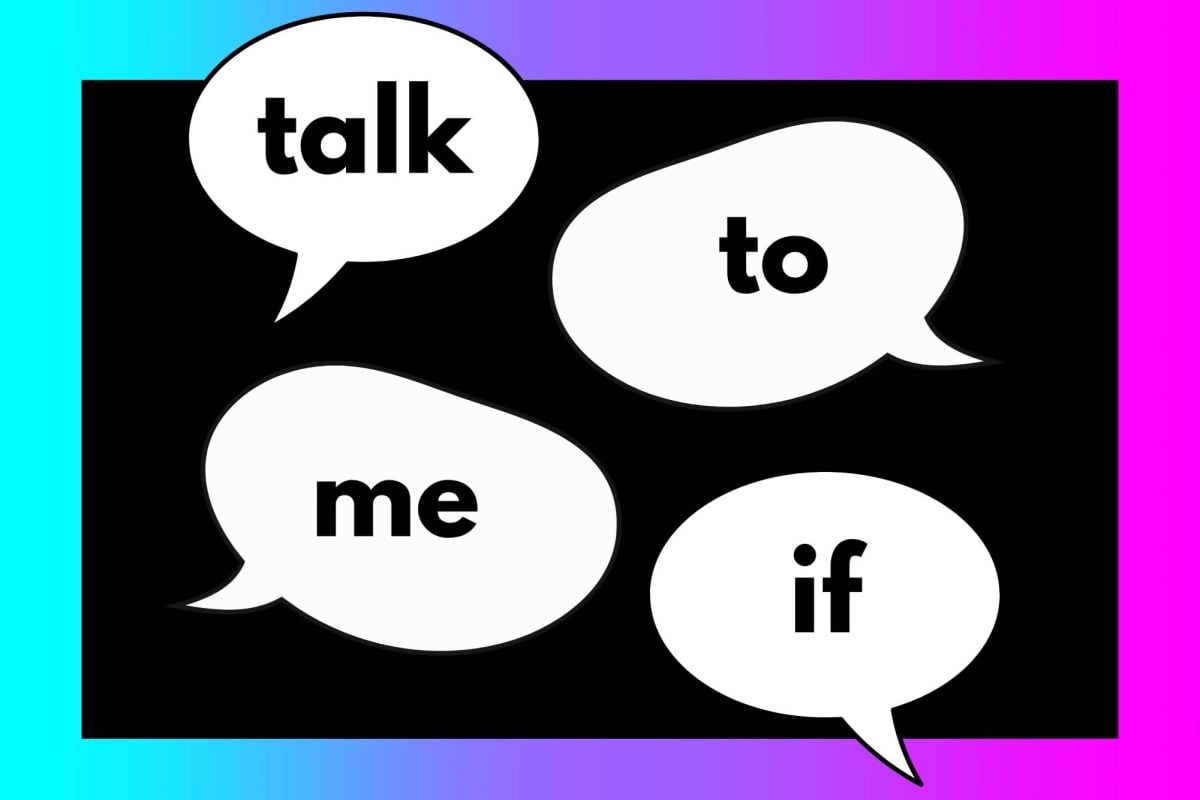When I first heard FLO’s music in Spring Quarter of 2022, I was instantly transported to the 1990s and early 2000s. While scrolling through YouTube music videos, a new song was being recommended to me by the algorithm. With a strong desire to procrastinate my copious amounts of reading, I decided to tune in.
“Cardboard Box” became an instant classic for me, capturing the feelings of Beyoncé’s “Irreplaceable” set against a ‘90s feel. As soon as the track started, I was transfixed by the first strums of a guitar, sounding close to the intro of “No Scrubs” by TLC. This group was what I had been waiting for: a new R&B girl group that captured the sounds and aesthetics of the past while delivering tight harmonies and vocal prowess.
Girl groups, especially those formed by Black artists, have long been influential in pop culture. In the 1960s, Diana Ross & The Supremes took radio stations by storm and crossed over from the R&B charts with a string of Billboard Hot 100 #1 hits like “Where Did Our Love Go” and “Baby Love” among others.
Other popular groups like the Marvelettes and Martha Reeves and the Vandellas are just some examples of this trend. Each of them placed hits in the top 40 of the Hot 100. These groovy melodies are prime examples of how R&B girl groups once commanded music charts in the U.S.
The R&B girl group reached its zenith in the 1990s with the success of groups like Destiny’s Child, Xscape and SWV just to name a few. Market saturation and changing tastes led to a drop in the popularity of girl groups, but FLO’s emergence proves that this lull has left fans of the genre aching for a new generation. I believe FLO is the beginning of that generation.
FLO has not yet reached the chart-topping status that these groups once did, but they still have time. It’s only been a year since they first debuted with “Cardboard Box” and have since released two EPs and several collaborations with icons like Missy Elliott. This is a symbolic passing of the torch from a female rapper from that 1990s/2000s era to FLO.
It is reminiscent of the symbolism of Beyoncé playing Deena Jones in Dreamgirls, a movie musical assumed to be based on the story of The Supremes. In a way, this casting acknowledged Beyoncé as a contemporary version of Diana Ross. This intergenerational relationship was on display just a few weeks ago when Ross sang “Happy Birthday” to Beyoncé at the Detroit stop of her Renaissance World Tour. FLO’s “Fly Girl” featuring Missy Elliott is a similar cultural message.
There are striking similarities between FLO and the R&B girl groups of times past. A common thread between the girl groups is their familiarity with each other before becoming a musical act. The Ronettes started as a family group, Diana Ross sang with group members while growing up in Detroit and Beyoncè and Kelly Rowland grew up singing together as well. Similarly, Stella Quaresma and Renée Downer of FLO went to school together in London before forming their trio with Jorja Douglas in 2019.
Even the fact that FLO is a singing trio is a sign of the success that awaits them. The Supremes started out as a trio, Destiny’s Child found its greatest success as a trio and TLC is one of the best selling girl groups of all time.
FLO also has another key advantage that many other artists are using to generate hits — nostalgia. Yearning for the past has always existed, but in music it is increasingly prescient. Silk Sonic, for example ― a project between Bruno Mars and Anderson .Paak ― released an album, “An Evening with Silk Sonic,” that pays homage to the smooth R&B stylings of the 1970s.
Victoria Monét’s most recent project, Jaguar II, also employs the nostalgia factor with tracks like “How Does It Make You Feel,” while Michaela Jaé collaborated with the producers of Earth, Wind & Fire to release “Something to Say” in 2021. These songs are few of many R&B releases that are harkening back to the past.
FLO embraces this association wholeheartedly. I was lucky enough to see them live this past April and on the set list was “Superstar,” an R&B one-hit wonder in the UK by Jamelia, released in 2003. The fact that FLO covered a song that was on the charts two decades ago and it fit into the vibe of the rest of their discography shows how they represent the second coming of the R&B girl group.
More than anything, I’m grateful for FLO because I missed that sound, that vibe, those telltale harmonies. And as a proud FLO-lifer, I can’t wait for their meteoric rise to fame.
Colin Crawford is a Medill junior. He can be contacted at [email protected]. If you would like to respond publicly to this op-ed, send a Letter to the Editor to [email protected]. The views expressed in this piece do not necessarily reflect the views of all staff members of The Daily Northwestern.


















